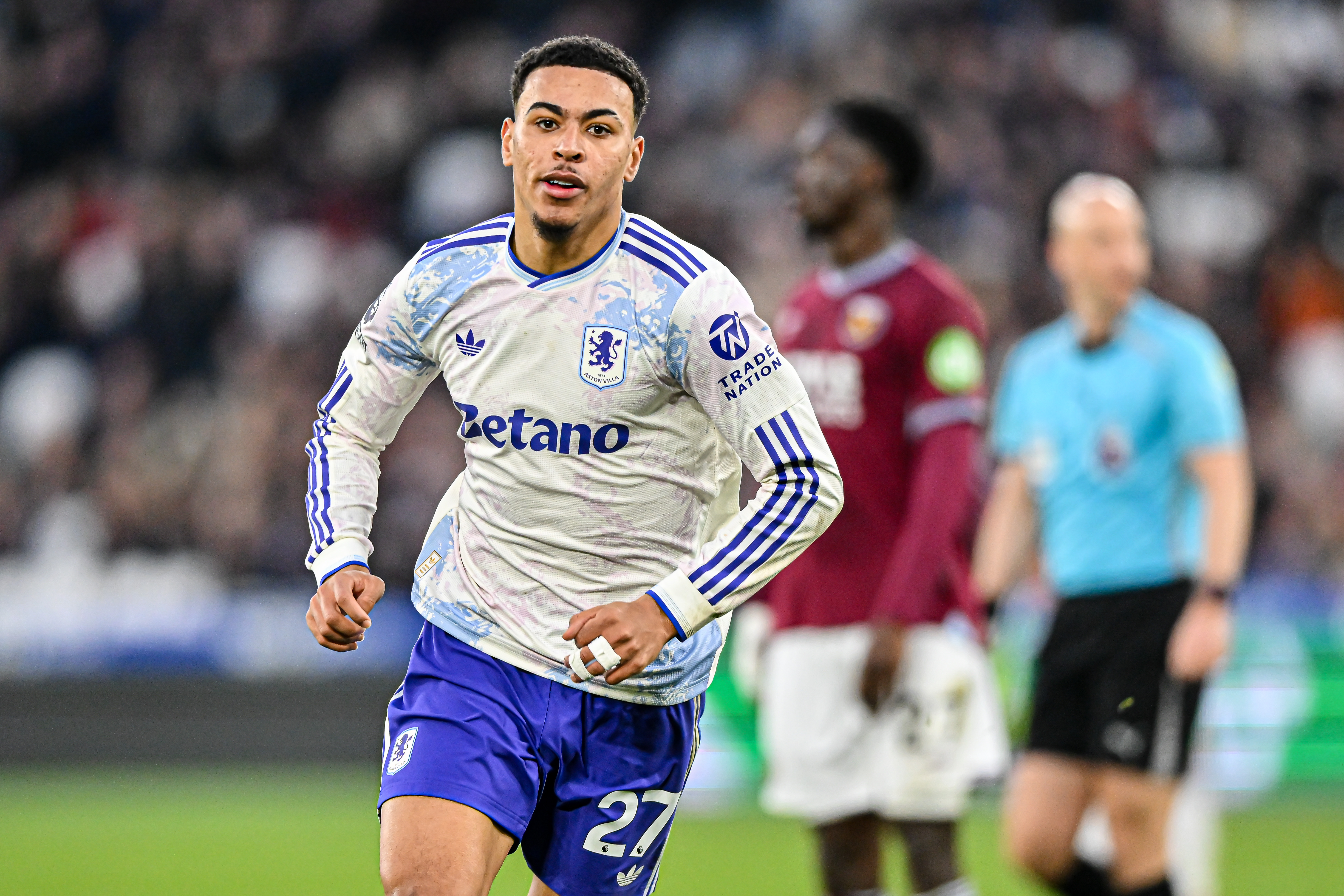Ranked! The 100 best football players of all time
The 100 best football players who have ever lived: from Messi to Maradona, Cristiano to Cruyff and everyone in between
80. Kaka
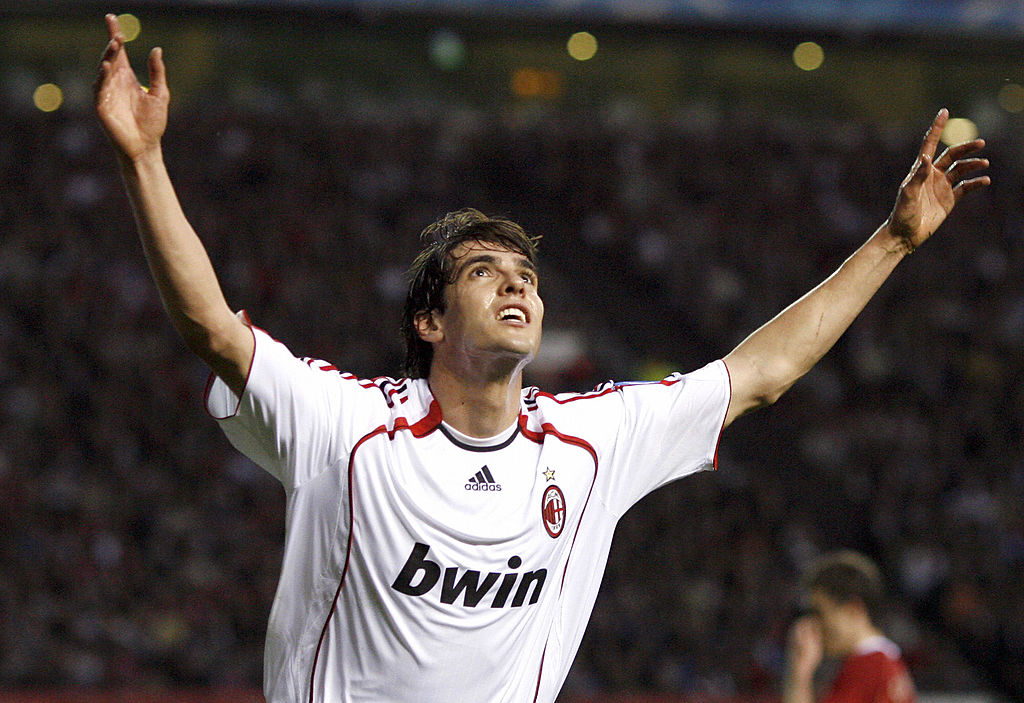
The baby of Brazil's last World Cup-winning squad without getting onto the pitch, Ricardo Izecson dos Santos Leite grew up in the shadows of samba superstars before emulating them on his own path. He won the final Ballon d'Or before the Messi-Ronaldo duopoly dominated football and dazzled with his unbelievable vision and typically South American dribbling skills.
Milan fans adored him. There was nothing that Kaka couldn't do with the ball at his feet, as he danced his way through defences and led this great club to summits. Injuries ravaged his time at Real Madrid but the mystique of this man is clear: he's simply one of the most talented footballers of the modern age, with iconic moments across his career.
Career highlight: An era-defining display against Manchester United in the Champions League semi-finals, with the whole world watching. Tearing apart one of the greatest-ever England sides singlehandedly was as shocking as it was captivating.
79. Hristo Stoichkov
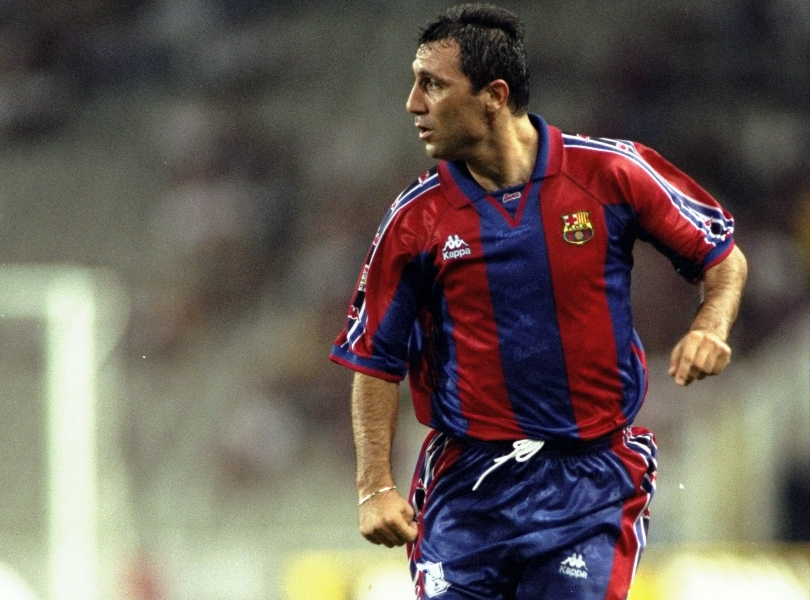
A roving forward of glorious unpredictability, Stoichkov was a mainstay of Johan Cruyff’s ‘Dream Team’ Barcelona side that won four league titles on the trot - and the club’s first European Cup – in the early 1990s.
The Bulgarian was famously improvisational and infamously hot-tempered (you can see why Cruyff took to him), and complemented his direct dribbling with a handy habit of catching goalkeepers off-guard with rocket-powered shots from unlikely distances.
Stoichkov turned in a similar level of performance for his national side, most notably at the 1994 World Cup. His six goals in the U.S. took Bulgaria to the semi-final and made him joint top-scorer of the tournament.
Career highlight: His frustratingly fleeting partnership with Romario during the 1993/94 season, the Dream Team’s fourth title campaign, which reaped 54 goals and will go down as one of the all-time great forward pairings.
The best features, fun and footballing quizzes, straight to your inbox every week.
78. Hugo Sanchez
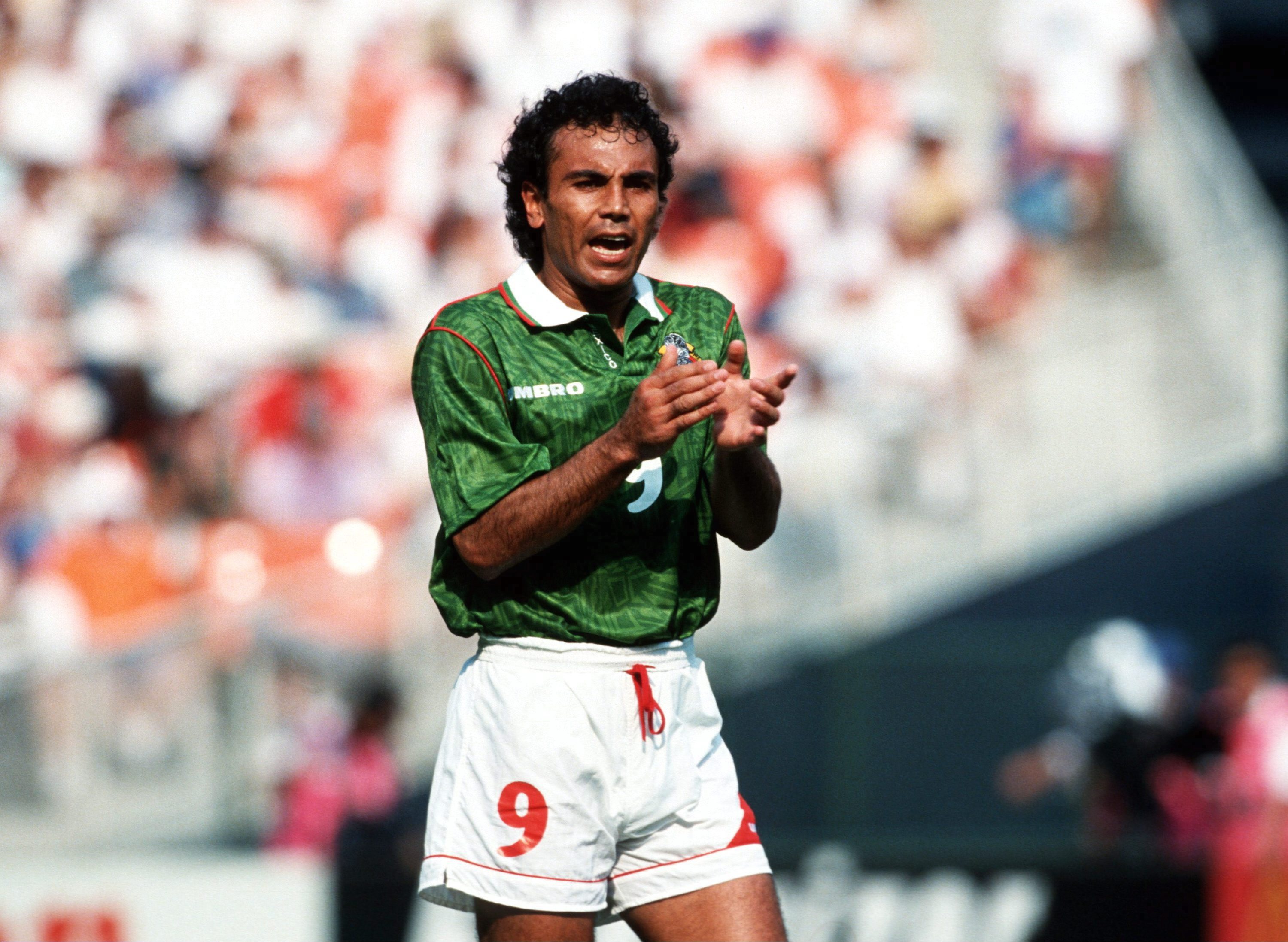
Comfortably the finest Mexican player of all time and one of the leading scorers in Real Madrid and La Liga history. He played for both Madrid clubs, but it was at Real (after moving in 1985) where Sanchez and his somersaulting goal celebration became legend.
Sanchez won five consecutive league titles between 1985 and 1990, was the competition’s top scorer in four of those seasons, and decorated Spanish grounds all over the country with his spectacular range of finishes. Predatory inside the penalty box, certainly, but also extravagantly gifted outside of it, too.
Career highlight: 1989: a Liga winner’s medal, victory in the Copa del Rey final against Real Valladolid and, after a staggering 45 goals in 42 games across all competitions, the European Golden Boot.
77. Jimmy Greaves
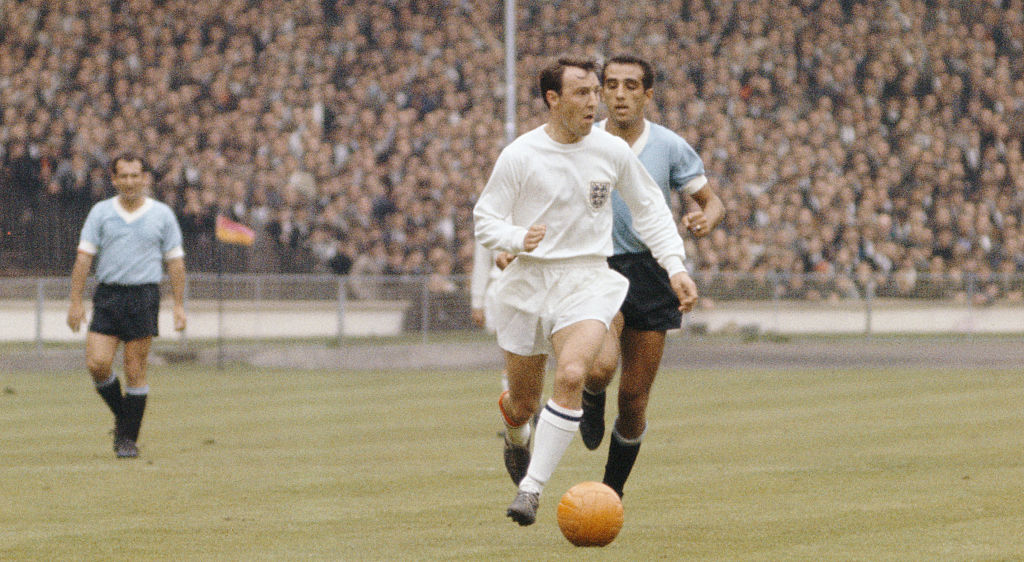
Were it not for injury ruling him out of the World Cup final, Jimmy Greaves may have been the most famous English footballer of a generation. As it was, he just had to settle for being one of the best.
The highest goalscorer in the history of English top-flight football (357 goals), Greaves was a byword for brilliance in the 18-yard area, showing composure that few others could. The Essex-born forward still has an astounding goals-to-game ratio that holds up against modern-day forwards, 44 times for his country in just 57 matches. He still holds the record for most England hat-tricks with a whopping six – one every 10 games or fewer.
Career highlight: Two Cup Winners' Cup final strikes in a 5-1 rout of defending champions Atletico Madrid, as Tottenham became the first Brits to lift a European trophy.
76. Alan Shearer
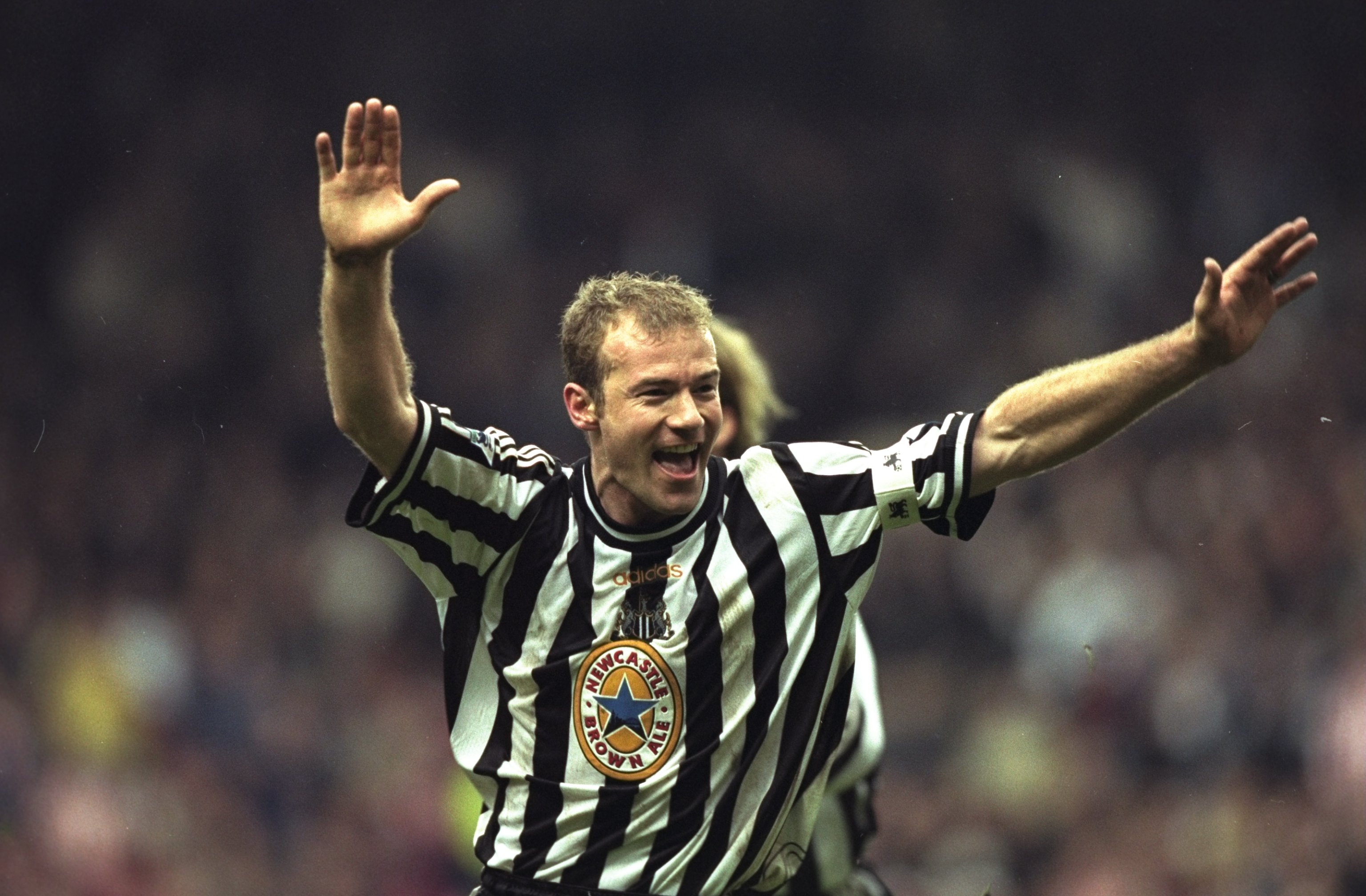
He's still no.1 in the Premier League with 260 goals: don't let the dad jokes on Match of the Day fool you into thinking he was anything other than a complete monster in his prime.
One of the most ferocious and reliable strikers of a generation, Wor Alan was, at different points in his career, an up-and-coming future star, the most expensive player on Earth, the Euro 96 top scorer and an eternal goal-getter in English football. He could have gone anywhere in football and won even more – perhaps scored even more – but chose to return to his beloved Toon.
He may be simultaneously one of the greatest English footballers ever… and underrated.
Career highlight: Winning the Premier League with Blackburn Rovers will always be his footballing profile picture but breaking the all-time Newcastle United goal record? That'll probably rank as his favourite moment.
75. Josef Masopust
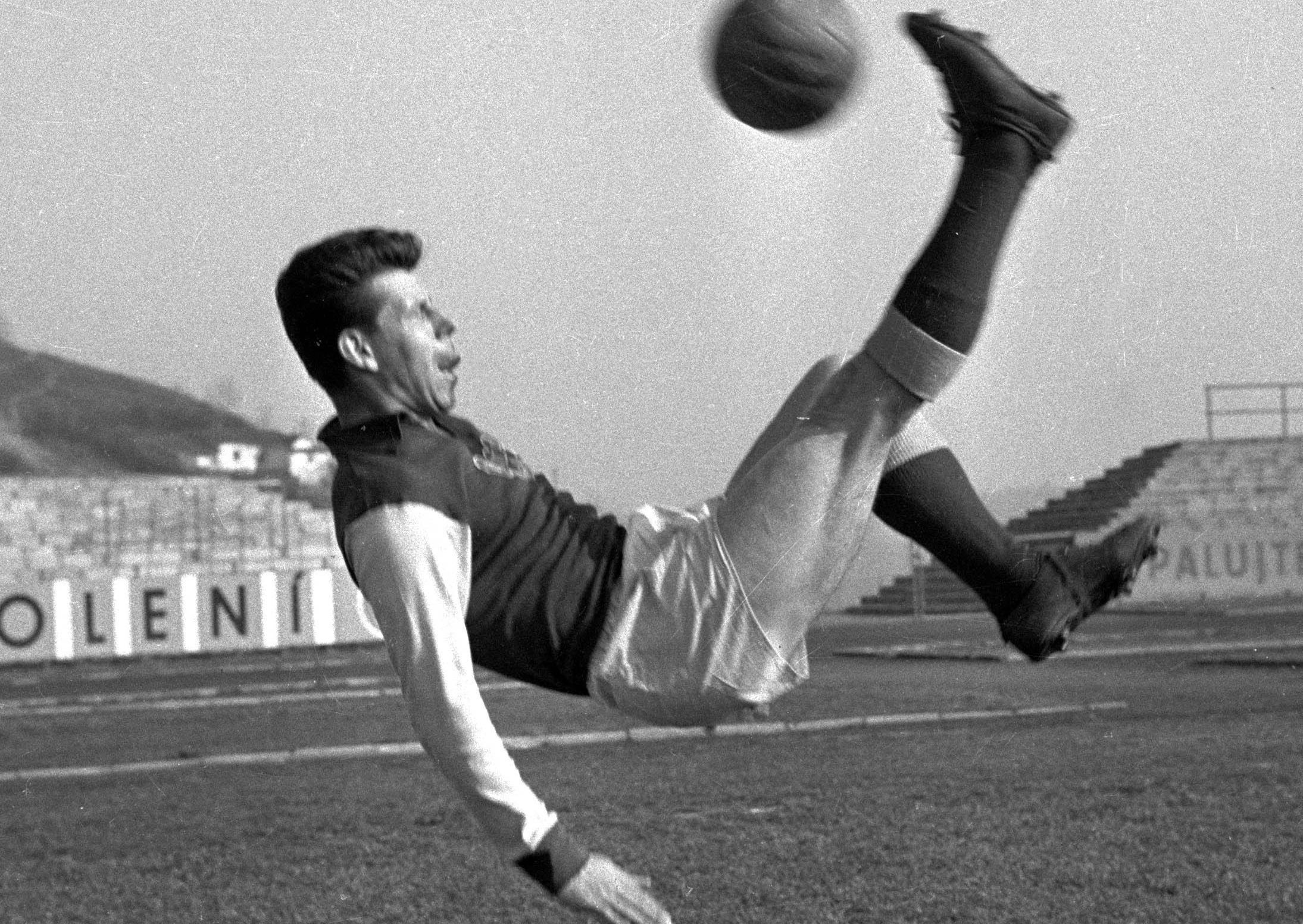
Masopust represented fair play better than anyone. When Pele was injured during the clash against Czechoslovakia at the 1962 World Cup, but had to stay on the pitch, the midfielder refused to tackle him. The Brazilian superstar was left stunned by such generosity and always admired Masopust, while Eusebio claimed that he felt inferior when playing against him.
Outrageously versatile, he was able to "play the violin and wash the dishes", winning a lot of balls, distributing them and taking on opponents with amazing ease. He won eight Czechoslovakian titles with Dukla Prague.
Career highlight: Masopust led Czechoslovakia to the World Cup final in 1962, scored the opening goal in the 3-1 defeat to Brazil and won the Ballon d'Or that year.
74. Just Fontaine
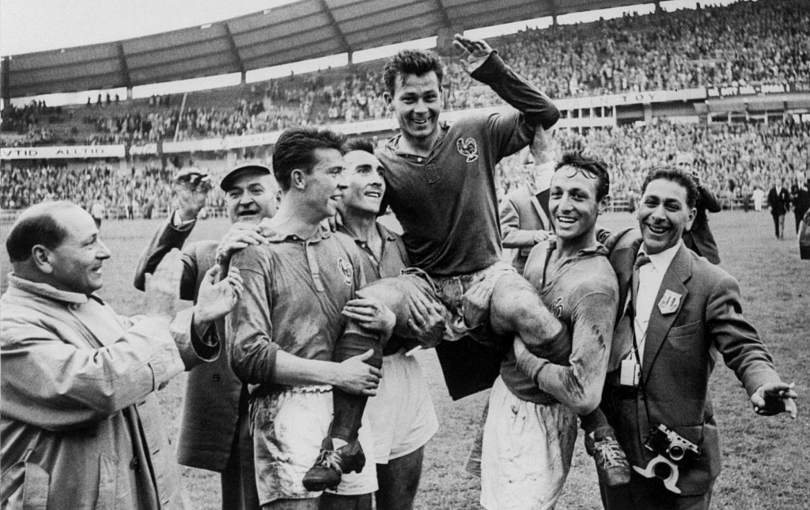
In tandem with Raymond Kopa at Stade de Reims, the diminutive Fontaine - two footed and smooth - plundered goals for fun. He carried on scoring even after Kopa departed to Real Madrid in 1958, eventually netting 121 goals in six years for Reims. Fontaine, who scored a hat-trick on his international debut against Luxembourg, is best known for his remarkable 13-goal haul at the 1958 World Cup. He remains the overall fourth-highest scorer in World Cup history, despite having scored in one tournament.
Career highlight: Fontaine's four goals in the third-place play-off match against reigning world champions West Germany meant he passed Sandor Kocsis's 11-goal record in 1954 – a moment to treasure.
73. Rivellino
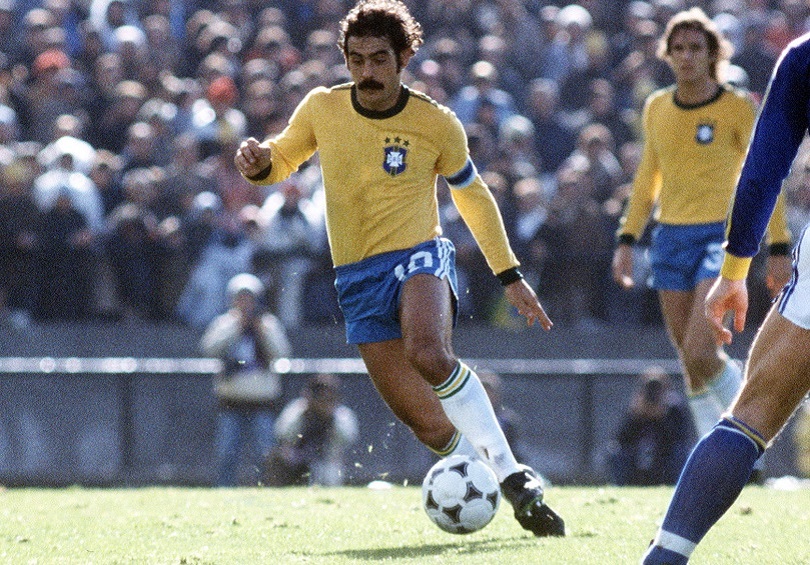
The most famous moustache in Brazilian football had an unpredictable left foot and became known for his atomic kick. He was the best Seleção player in the fantastic side that devastated opponents at Mexico 1970, and debuted the elastico dribble (or flip-flap) which involved nudging the ball to one side and then flicking it back in the other direction.
Former Italy defender Mario Bertini couldn’t see what was coming and wasn’t able to stop it in Brazil’s 4-1 1970 World Cup Final win.
Career highlight: His bomba (in English, cannonball) free-kick breaking through the wall in Brazil's first 1970 World Cup match against Czechoslovakia.
72. Florian Albert
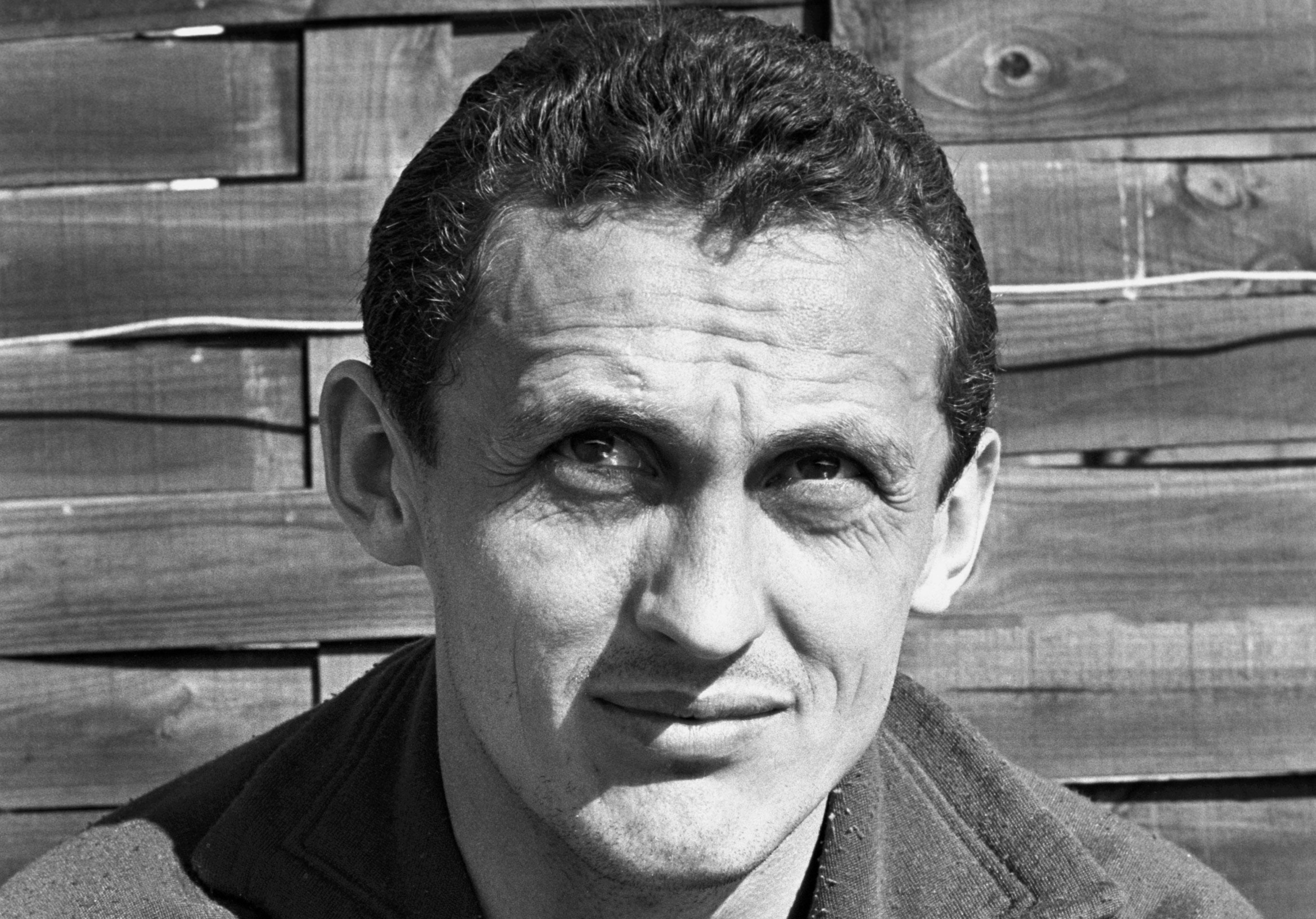
Nicknamed ‘The Emperor’, Albert was a remarkably elegant striker, who always played with confidence and was bold enough to invent unorthodox solutions on the pitch. He represented Ferencvaros, his only club, for 16 years, but was especially brilliant for his national team.
Albert was voted the best young player at the 1962 World Cup and was chosen for the team of the tournament at both Euro 1964 and the 1966 World Cup. He received a Ballon d'Or in 1967, finishing ahead of Bobby Charlton.
Career highlight: Albert led Hungary to the quarter-finals at two World Cups, in 1962 and 1966, but the earlier of these tournaments was his breakthrough as he scored four goals at the age of 20.
71. Frank Rijkaard
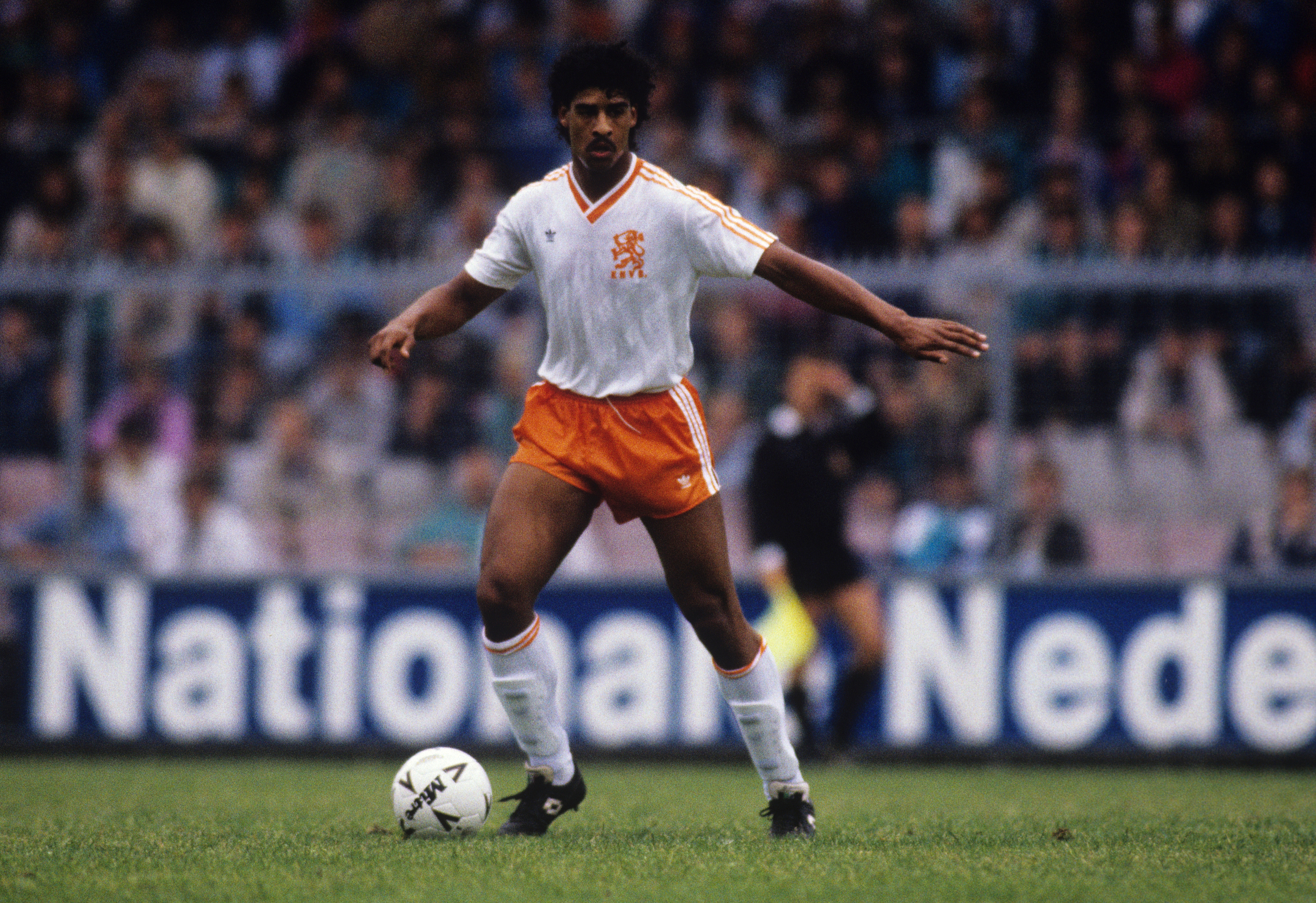
Few players are good enough or lucky enough to play for a single great club side in the course of their career. Rijkaard played for three. The Ajax team of the early '80s, where he cut his teeth under the stewardship of Johan Cruyff and alongside Marco van Basten, Jan Molby and Ronald Koeman. Then Arrigo Sacchi’s seminal Milan team, where he won successive European Cups in 1989 and 1990. After that he finally returned to join Ajax's now-legendary European Cup-winning side of 1995, by then an old head among a team of fresh-faced stars-in-waiting.
Aggressive, quick-witted and with a marathon runner’s endurance levels, Rijkaard was a precursor to the great box-to-box midfielders that emerged in the '90s – Keane, Vieira and Gerrard – but with abundant added silk.
Career highlight: Sauntering through the Benfica defence to slot home the only goal of the 1990 European Cup Final.
Current page: The 100 best football players of all time: 80-71
Prev Page The 100 best football players of all time: 90-81 Next Page The 100 best football players of all time: 70-61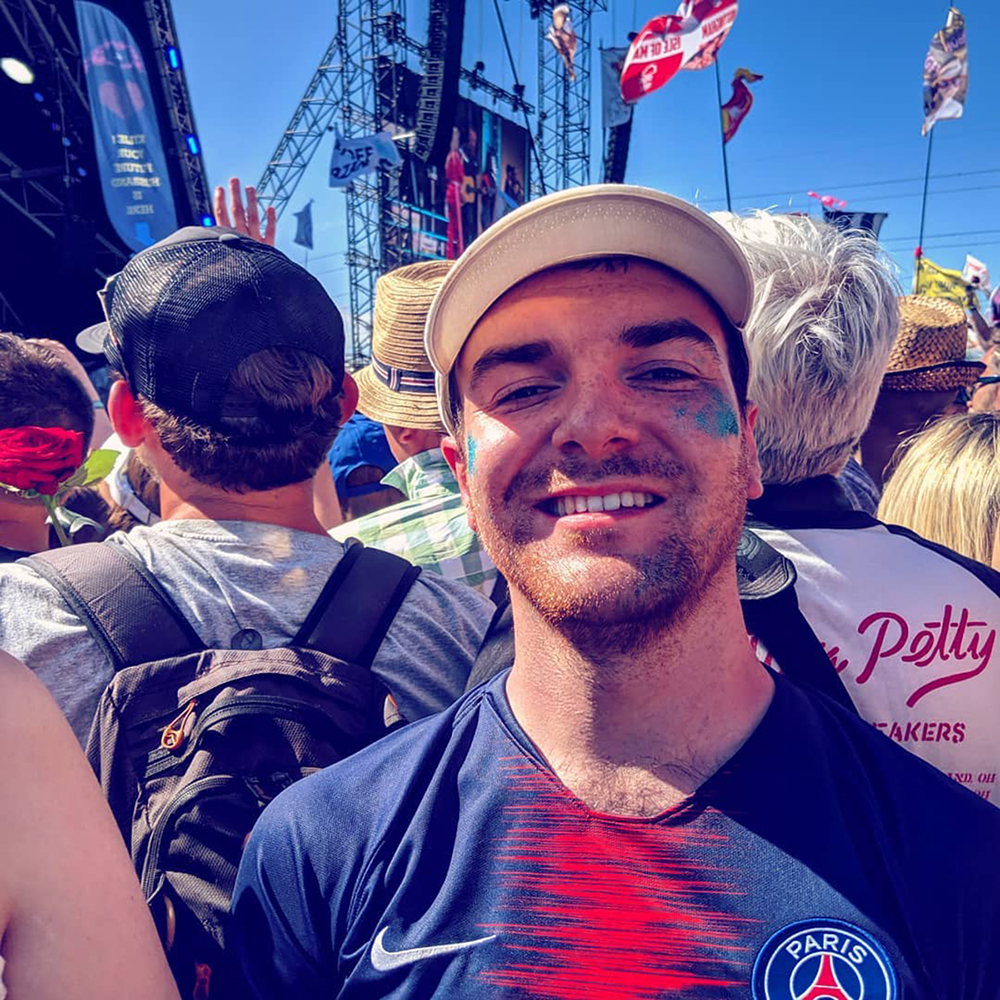
Mark White has been at on FourFourTwo since joining in January 2020, first as a staff writer before becoming content editor in 2023. An encyclopedia of football shirts and boots knowledge – both past and present – Mark has also represented FFT at both FA Cup and League Cup finals (though didn't receive a winners' medal on either occasion) and has written pieces for the mag ranging on subjects from Bobby Robson's season at Barcelona to Robinho's career. He has written cover features for the mag on Mikel Arteta and Martin Odegaard, and is assisted by his cat, Rosie, who has interned for the brand since lockdown.
- Chris FlanaganSenior Staff Writer
- Adam Clery
- Marcus Alves
- Alex Hess
- Alex Reid
- Adam MonkPresenter/Producer
- James AndrewEditor
- Seb Stafford-Bloor
- Thore Haugstad
- Michael Yokhin
